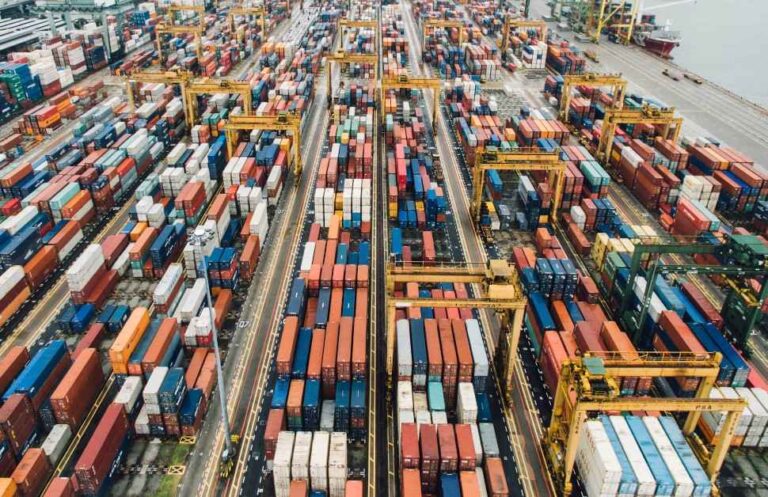Free Trade Zones (FTZ) are geographical areas, generally located around a port, international airport or national border, into which goods can be imported, stored, manufactured and/or re-exported based on specific customs regulations generally not subject to duties.
Table of Contents
How Free Trade Zones work
This is a type of area falling within the so-called special economic zones (Special Economic Zone – SEZ). I.e. those geographical areas in which advantageous conditions are applied to businesses and goods, such as:
- preferential tax regime;
- simplified administrative procedures;
- possibility of facilitated repatriation of investments and profits;
- reduced duties on imports or exemption on export taxes;
- subsidized concession fees.
Free Trade Zones are created to arouse the interest of foreign countries, attracting foreign capital and thus relaunching investments. Furthermore, since they are limited geographical areas, FTZs have sometimes been used as a test bed to test new economic policies before they were introduced at a national level.
In essence, to encourage its growth and modernization, a country creates advantageous conditions for a foreign investor to invest in that specific are. Thus benefiting from favors in fiscal, economic, financial and logistical terms.
Free-trade zones in Asia
The main news in recent months on FTZs in the world comes from South-East Asia and Africa. There are currently more than 4,000 special economic zones in Asia and more than 1,000 are in the ASEAN (Association of Southeast Asian Nations) bloc.
In July 2022, Indonesian President Joko Widodo and East Timor President José Ramos-Horta jointly called for the establishment of a cross-border economic zone that would foster the building of a high-performance economy.
Reports from the University of Zurich, the United Nations Conference on Trade and Development and related studies from the Asian Development Bank have shown that in Thailand these development zones increased GDP growth by 5% per year.
In Malaysia, the approximately 200 economic zones represent 60.5% of national production and are located within states that contribute 40.2% of national GDP. In China, special economic zones near the coast and close to trading partners contributed to a permanent 12% increase in GDP levels in more than 250 cities between 1988 and 2010, and that increase is expected to reach 20% in long term.
This is to highlight the important (if not essential) role that a cross-border area can play for the economic development of a State.
Free Trade Zones in Africa
Entering into operation on 1 January 2021, the African Continental Free Trade Area (AfCFTA) has recently been the subject of attention in relation to the great potential for development. Which is, however, subordinate to the development of cities.
Their current configuration, in terms of infrastructure and services, is in fact not suitable to support and benefit from a free trade area. This means that copious investments will be necessary in the major African cities.
On the other hand, if implemented as intended, the free trade area will unlock significant growth for the African continent. The World Bank has estimated that by 2035, trade between African countries could expand by 81%, increasing production by $450 billion, raising wages by 10%, particularly benefiting women, and lifting 30 million people from extreme poverty.
The example of Djibouti would seem to confirm these estimates. The international free trade zone, inaugurated in 2018, has attracted more than 21 countries, providing competitive digital services and products.
The project – commissioned for $3.5B and built by the People’s Republic of China – once completed, envisages the coverage of an area close to 4,800 hectares on which industries such as logistics, marine, construction, automotive and domestic electrical.
Read also: Global trade passes through “choke points”: what they are and why they are essential in geopolitics












